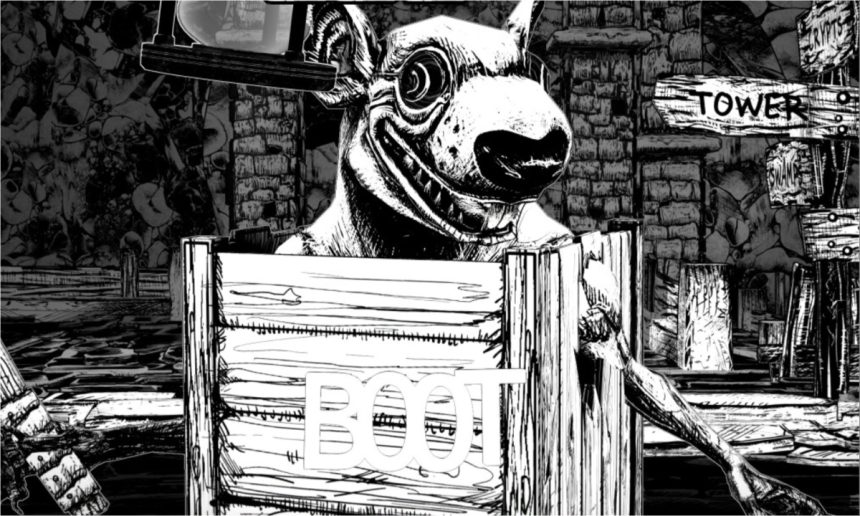The success of the innovative but financially struggling tactical RPG Arco has sparked discussions about the risks associated with creating games that feature unconventional pitches and mechanics. Compared to more established genres that typically offer greater financial stability, venturing into niche or experimental areas can be fraught with challenges.
Lee Williams, known for his unusual dungeon-crawler Cryptmaster, highlighted this issue, noting that while there is vocal support for innovation, the actual market for such games often falls short of expectations. Williams, reflecting on his own experiences, suggested that sticking to popular genres might be a safer route for indie developers.
Franek, the developer behind Arco, echoed Williams’ sentiment, expressing disappointment over the game’s poor sales and the difficulty in recouping costs. His reaction, “My roguelike sense has been so tingly,” implies a shift in focus toward more popular genres, like roguelikes, that might offer better financial prospects. This aligns with the notion that while innovation is desirable, it may not always translate into commercial success.
Michele Pirovano, the creator of the successful and unconventional city-builder roguelike DotAGE, presented a counterpoint to the prevailing view. Pirovano’s game, which combines elements of turn-based strategy, village survival, and retro aesthetics, achieved significant success despite its unconventional nature. Pirovano’s success with DotAGE suggests that it is possible to innovate within niche genres while still finding a substantial audience.

Williams acknowledged Pirovano’s success, agreeing that while it’s important to pursue what you enjoy, many players and journalists express a desire for new ideas without necessarily supporting them financially. He argued that the real challenge for indie developers is to balance creativity with commercial viability, noting that while innovation is crucial, it is often accompanied by a high level of risk.
Williams emphasized that sticking to popular genres might offer a more secure path for indie developers. He pointed out that genres like roguelikes, life sims, and deck-builders are easier to develop on a small budget due to their procedural content and replayability. Despite this, he encouraged developers to be cautious when innovating outside these genres, as the financial risk can be substantial.
The disparity between pre-launch interest and actual sales is a significant issue. Williams observed that while unusual games may generate buzz and enthusiasm before their release, this does not always translate into strong sales. He suggested that players who claim to desire new and different games may not always be willing to take financial risks on these innovations.
Pirovano echoed Williams’ concerns, noting that while there is a growing trend of successful roguelikes, the market for truly original games can be unpredictable. He described the success of DotAGE as a lucky break and recommended that indie developers might reduce risk by creating smaller, less time-consuming games, although this approach doesn’t always align with player preferences for longer, deeper experiences.
The broader context of indie game development shows a mix of trends and success stories. Games like Tactical Breach Wizards and Fields of Mistria are performing well in the market, demonstrating that originality can still find commercial success. However, as LocalThunk aptly summarized, the indie game industry often feels like a lottery, where both luck and strategy play critical roles in determining a game’s success.







